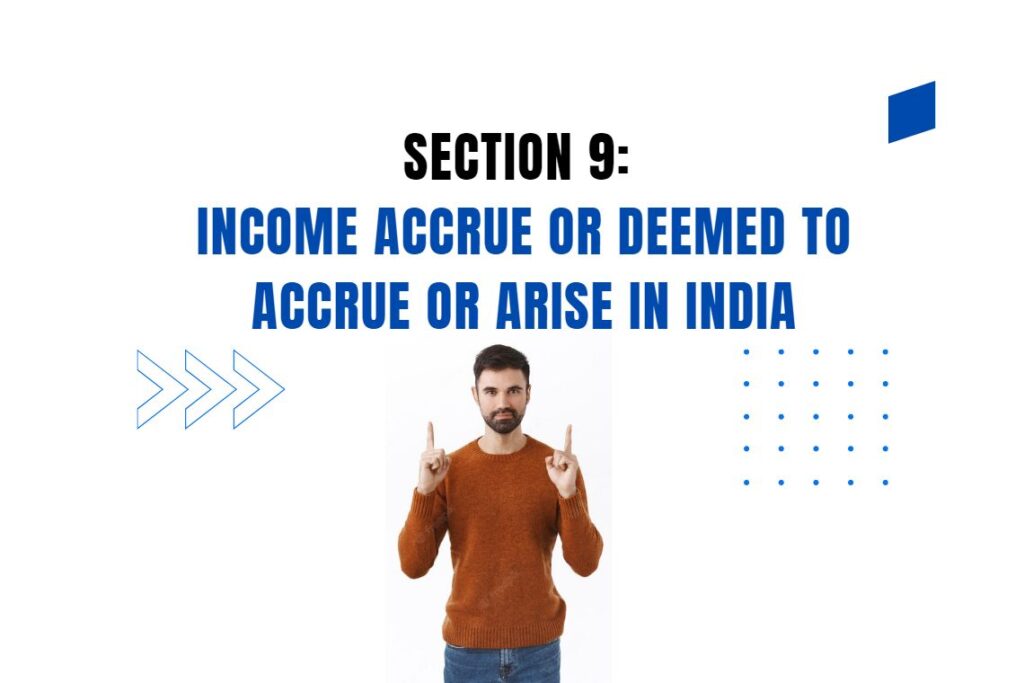Reverse mortgage is a financial scheme that allows senior citizens to convert their home equity into a regular source of income. Under this scheme, a homeowner can mortgage their property to a bank or financial institution and receive a loan against it. The loan amount is paid in installments or as a lump sum, and the borrower is not required to make any repayments during their lifetime.
Section 10(43) of the Income Tax Act provides an exemption for the amount received by an individual as a loan under the reverse mortgage scheme. This means that the amount received by a senior citizen as a loan against their property is not considered as income and is not taxable.
The exemption applies to the entire amount received as a loan under the Reverse Mortgage Scheme. This means that individuals do not have to pay any tax on the loan amount. The exemption is applicable to both the principal amount and the interest component of the loan.
Conditions for Exemption
In order to avail the exemption under Section 10(43), the following conditions must be met:
- The loan must be taken by an individual who is a senior citizen, i.e., 60 years or above.
- The loan must be taken against a residential property owned by the individual.
- The loan must be taken from a bank or a financial institution approved by the National Housing Bank.
- The loan amount must be used for the personal needs of the individual or for the improvement, repair, or renovation of the residential property.
If all of these conditions are satisfied, then the amount received by the individual as loan under the reverse mortgage scheme will be exempt from tax.
It is important to note that the exemption under Section 10(43) is available only for the amount received as loan under the reverse mortgage scheme Any income that the borrower earns from investing the reverse mortgage proceeds will be taxable.
Here are some examples of cases where the exemption under Section 10(43) will be available:
- A senior citizen takes a reverse mortgage loan from a bank to meet his financial needs. The amount received by the senior citizen as loan will be exempt from tax.
- A senior citizen takes a reverse mortgage loan from a housing finance company to renovate his house. The amount received by the senior citizen as loan will be exempt from tax.
- A senior citizen takes a reverse mortgage loan from a non-banking financial company (NBFC) to pay for his medical expenses. The amount received by the senior citizen as loan will be exempt from tax.
Benefits of the Exemption
The exemption provided under Section 10(43) of the Income Tax Act offers several benefits to senior citizens:
Additional Source of Income: The reverse mortgage scheme allows senior citizens to generate a regular income without having to sell their property.
Tax Savings:
The amount received as a loan under this scheme is exempt from income tax, providing a significant tax benefit to the borrower.
Retain Ownership:
The borrower retains ownership of the property and can continue to reside in it during their lifetime.
Flexibility:
The loan amount can be received as a lump sum or in installments, providing flexibility to meet the borrower’s financial needs.
Conclusion
The exemption of the amount received by an individual as a loan under the reverse mortgage scheme is a beneficial provision for senior citizens. It offers them an additional source of income without the burden of repayment and provides tax savings. However, it is important for individuals to carefully consider the terms and conditions of the scheme and seek professional advice before opting for reverse mortgage.



![Residential Status [Sections 5 to 9B]](https://incometaxmanagement.in/wp-content/uploads/2023/09/Residential-Status-Sections-5-to-9B-1024x683.jpg)

![EXEMPTED INCOMES [Section – 10, 10AA, 11 to 13A]](https://incometaxmanagement.in/wp-content/uploads/2023/09/Exempted-Incomes-Section-10-1024x683.jpg)

![Income of an Electoral Trust shall be Exempt [Section 13B]](https://incometaxmanagement.in/wp-content/uploads/2023/10/61-Exempted-Incomes-Section-13B-1024x683.png)
![Incomes of Political Parties [Section-13A]](https://incometaxmanagement.in/wp-content/uploads/2023/10/60-Exempted-Incomes-Section-13A-1024x683.png)
![Special Provisions in respect of Newly-established Units in Special Economic Zones (SEZ) [Section-10AA]](https://incometaxmanagement.in/wp-content/uploads/2023/10/59-Exempted-Incomes-Section-10AA-1024x683.png)
![Exemption in respect of income chargeable to Equalization Levy [Section 10(50)]](https://incometaxmanagement.in/wp-content/uploads/2023/10/58-Exempted-Incomes-Section-1050-1024x683.png)
![Income of a Developmental Financing Institution (DFI) to be Exempt [Section 10(48E)]](https://incometaxmanagement.in/wp-content/uploads/2023/10/57-Exempted-Incomes-Section-1048E-1024x683.png)